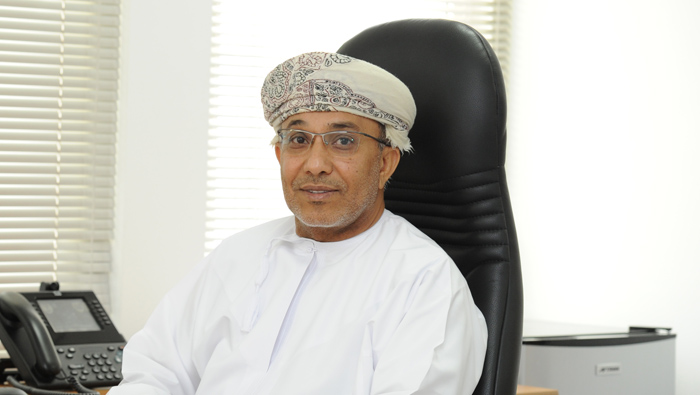
Muscat: As part of a major initiative to strengthen in-country value (ICV) while building mega projects, contractors handling $6.5 billion worth of Liwa Plastics Industries Complex project have agreed to purchasing a minimum of 25 per cent from local vendors, as well as meeting a minimum Omanisation level of 30 per cent, and providing training for Omani youths in excess of 15 per cent of those employed.
The prestigious Liwa Plastics Industries Complex is being built by state-owned Oman Refineries and Petroleum Industries Company (Orpic).
The estimated minimum value for ICV is approximately $1.5 billion, Dr. Hilal Al Hinai, general manager – Corporate Support Services – Orpic, told Times of Oman, prior to an in-country value roadshow in Sohar.
Local small and medium enterprises are expected to significantly benefit from the business opportunities, which include sub-contracting work, purchase orders, and support services,to be purchased by major contracting firms.
Orpic has already awarded four major packages to multinational contracting firms for building Liwa Plastics Industries. Among the four packages, a joint venture of CB&I and CTCI Company was awarded a contract for a steam cracker and utilities, Italy's Tecnimont won a contract for building a plastics units, a consortium of South Korea's GS Engineering and Construction and Japan's Mitsui & Co won a contract for constructing a natural gas liquids extraction facility, and India's Punj Lloyd was awardeda contract to build a pipeline between Fahud and Sohar.
“Orpic is leading five business opportunities across oil and sector, which has been identified in the Blue Print Strategy Book. Orpic actively supports SME development-related engineering design for the manufacturing industry, detailed engineering design, development of an engineering services hub, tank maintenance and cleaning and purchasing of commodity chemicals. These opportunities are progressing at different stages, starting with preparation or under strategy phase,” said Al Hinai.
Al Hinai also noted that Orpic’s ICV agenda corresponds with that of the oil and gas industry and, as such, the company fully supports the national ICV programme and the ICV committee, which was formed by the Ministry of Oil and Gas. The company has embedded ICV into its own business model, with particular reference to its major projects over the next four years.
“The ICV mechanism is in place to perform site visits to audit and monitor each ICV component provided by the contractors to ensure the desired ICV outcome is generated, and meetings are held with contractors to communicate and understand the challenges faced,” added Al Hinai.
Orpic’s ICV strategy is to support business development, human capability development, and stimulate productivity in the Omani economy through the retention of maximum in-country value. To achieve this, the ICV department aims at reaching the authentication (made in Oman) of materials procured by Orpic, and development of human capital in all Orpic projects by ensuring at least 30 per centof Omanisation across all categories and levels, sustainable development of Omani Small and Medium Enterprises (SMEs) through the support of those directly linked to Orpic’s business and communication of ICV achievements through dashboards to all key stakeholders.
The ICV and procurement teams have started a new practice to ring-fence a number of tenders, which are suitable to SMEs, in terms of their capabilities, in order to ensure 10 per cent allocation to local businesses. “We have allocated a certain scope for either SME’s or local suppliers for those scopes, which are currently being undertaken by international suppliers.”
The ICV team works with all agencies and departments to study tenders, to identify any ICV opportunities through Omanisation or local sourcing, in an effort to include them in the tender document.
Liwa Plastics Industries Complex is one of the strategic growth projects being undertaken by Orpic as part of its transformational journey. The $6.5 billion project, which is scheduled for commissioning in 2020, will transform Orpic’s product mix and business model, double company profits, create new business opportunities, generate significant employment opportunities and support the development of a downstream plastics industry in Oman. Upon completion, plastics production will have increased by 1 million tonnes, allowing Orpic to produce 1.4 million tonnes of polyethylene and polypropylene by 2020.